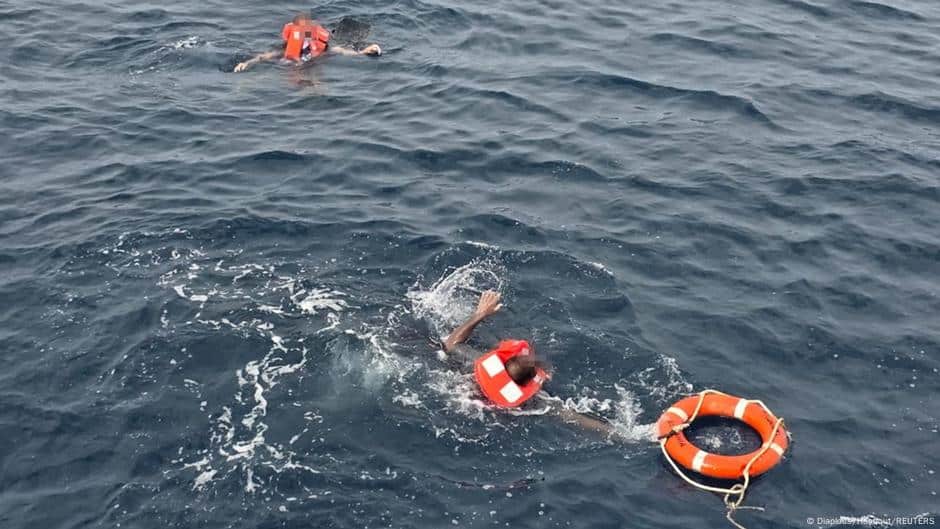Bali tourism operators call for urgent maritime safety reforms

Recent maritime accidents around Bali have sparked alarm among tourism operators, who are demanding urgent improvements in vessel safety standards and port oversight. A series of incidents, including a tourist boat capsizing and a ferry sinking, have raised significant concerns about the safety of marine transport in the region, prompting calls for immediate action from authorities.
Series of Accidents Raises Alarm
Three notable incidents have occurred in recent months, highlighting ongoing safety issues in Bali’s maritime transport. In March, a tourist boat capsized near Nusa Penida, followed by a fast boat accident near Nusa Lembongan in June, and a ferry sinking on the Ketapang-Gilimanuk route in July. Although cancellations have not surged dramatically, tourism operators are increasingly worried, particularly about the safety of Java-Bali overland routes that rely heavily on ferry services.
I Nyoman Subrata, secretary general of the Association of the Indonesian Tours and Travel Agencies (ASITA) Bali Chapter, attributed these incidents to regulatory failures and inconsistent enforcement by marine and port authorities. He warned that if these accidents continue, Bali’s reputation as a safe travel destination could be severely compromised. “It’s time for the government to go beyond appeals. We need stricter regulation, real enforcement, and serious investment in key ports like Gilimanuk and Nusa Penida,” Subrata stated.
In light of these concerns, some operators are taking matters into their own hands. Wisnu Arimbawa, managing director of Good Day Tour, revealed that his team is now independently vetting ferry and boat operators to ensure safety. “We’ve started developing internal protocols ourselves. Ideally, this should be handled by authorities, but we can’t afford to be passive anymore,” he explained.
Government Response and Future Measures
In response to the growing safety concerns, the Ministry of Tourism has announced plans to enhance coordination with the Ministry of Transportation, search and rescue teams, and local governments to enforce marine safety regulations more effectively. Ni Luh Puspa, deputy minister of tourism, emphasized the importance of not only establishing safety protocols but also ensuring their effective implementation. “Marine tourism safety requires discipline, accountability, and consistent oversight across all operators and routes,” she stated.
At the local level, the Bali tourism office is prioritizing preparedness during the peak travel season from June to August. Wayan Sumarajaya, head of the Bali Provincial Tourism Office, confirmed that all relevant agencies have been instructed to reinforce safety protocols and ensure readiness at key marine gateways.
Looking ahead, tourism operators remain hopeful that systemic gaps will be addressed to prevent further incidents. I Nyoman Subrata noted that while Indonesia has made significant investments in air travel infrastructure, maritime safety has not received the same level of attention. “If we’re serious about becoming a global marine tourism destination, safety can’t be reactive. It must be built into planning, operations, and oversight, every step of the way,” he concluded.
